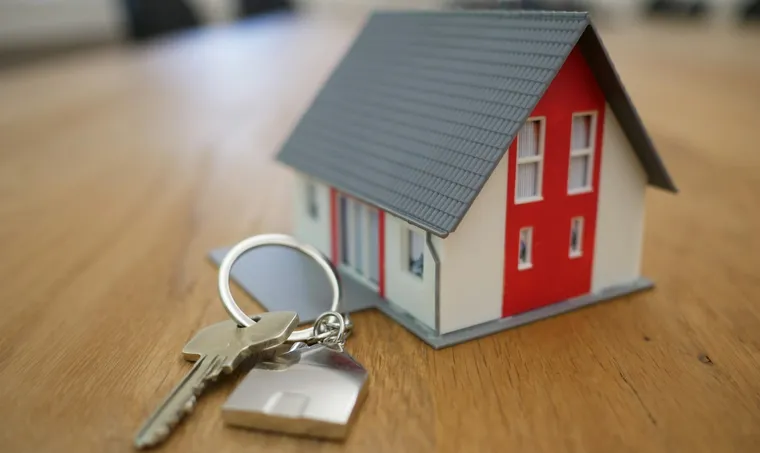In today’s fast-paced housing market, the dream of homeownership can often seem out of reach, especially for those with bad credit. However, securing a housing loan despite a less-than-perfect credit history is not only possible but increasingly common. Understanding your options and taking proactive steps can pave the way to homeownership, even when you face credit challenges.
Understanding Bad Credit
Before diving into housing loans available for individuals with bad credit, it’s vital to clarify what “bad credit” means. Generally, a credit score below 580 is considered poor, which can stem from various factors, including missed payments, high credit utilization, or even bankruptcy. These scores can create hurdles when applying for loans, leading many to believe that homeownership is out of reach.
Exploring Your Options
1. **FHA Loans**: One of the most popular options for individuals with bad credit is the Federal Housing Administration (FHA) loan. These loans are designed to help low-to-moderate-income borrowers achieve homeownership. FHA loans have lower credit score requirements, allowing individuals with scores as low as 580 to qualify with a minimum down payment of just 3.5%. If your credit score is below 580, you may still qualify with a 10% down payment.
2. **VA Loans**: For veterans and active-duty military personnel, the U.S. Department of Veterans Affairs (VA) offers loans that come with no down payment and flexible underwriting standards. While there are no strict credit score requirements, lenders typically prefer borrowers to have a credit score of at least 620.
3. **USDA Loans**: The U.S. Department of Agriculture (USDA) provides loans for eligible rural and suburban homebuyers. Like VA loans, USDA loans do not require a down payment. While the USDA does not set a specific credit score requirement, most lenders prefer a score of 640 or higher. However, exceptions can often be made.
4. **Alternative Lenders**: If traditional banks and credit unions are not an option due to your credit standing, consider alternative lenders or credit unions. These institutions often have more lenient lending criteria and can provide creative financing options that cater to those with bad credit. They may offer higher interest rates, but having a personalized approach can make the borrowing process smoother.
Improving Your Chances
While obtaining a housing loan with bad credit is possible, there are steps you can take to improve your application’s chances of success:
- **Check Your Credit Report**: Regularly reviewing your credit report can help you identify inaccuracies that may be negatively impacting your score. Correcting these errors could boost your score and increase your chances of loan approval.
- **Increase Your Down Payment**: If you can, offering a larger down payment demonstrates financial commitment to lenders, which may offset your credit issues.
- **Consider a Co-signer**: Having a co-signer with good credit can help bolster your application. This individual agrees to take on the responsibility for loan repayment, reducing the lender's risk.
- **Work on Credit Repair**: Before applying for a loan, take some time to address the issues affecting your credit. This may involve paying down debts, making timely payments, or consulting with a credit repair service.
Conclusion
Navigating the housing loan landscape with bad credit can be daunting, but it is not insurmountable. By exploring available loan options, taking proactive steps to improve your credit profile, and possibly seeking assistance from lenders familiar with credit-challenged borrowers, you can work towards achieving your dream of homeownership. Remember, persistence and planning are key. Don't let past credit issues hold you back from building a bright future in your own home.
Discovering Housing Loans with Bad Credit: Navigate Your Path to Homeownership
A credit score is a numerical representation of your creditworthiness, reflecting your history of borrowing and repaying debts. A low score indicates potential risk to lenders, making them hesitant to approve loans.

